The second round of our Sundance coverage features Abi Damaris Corbin’s 892, Kogonada’s After Yang, & Ed Perkins’ The Princess:
After Yang
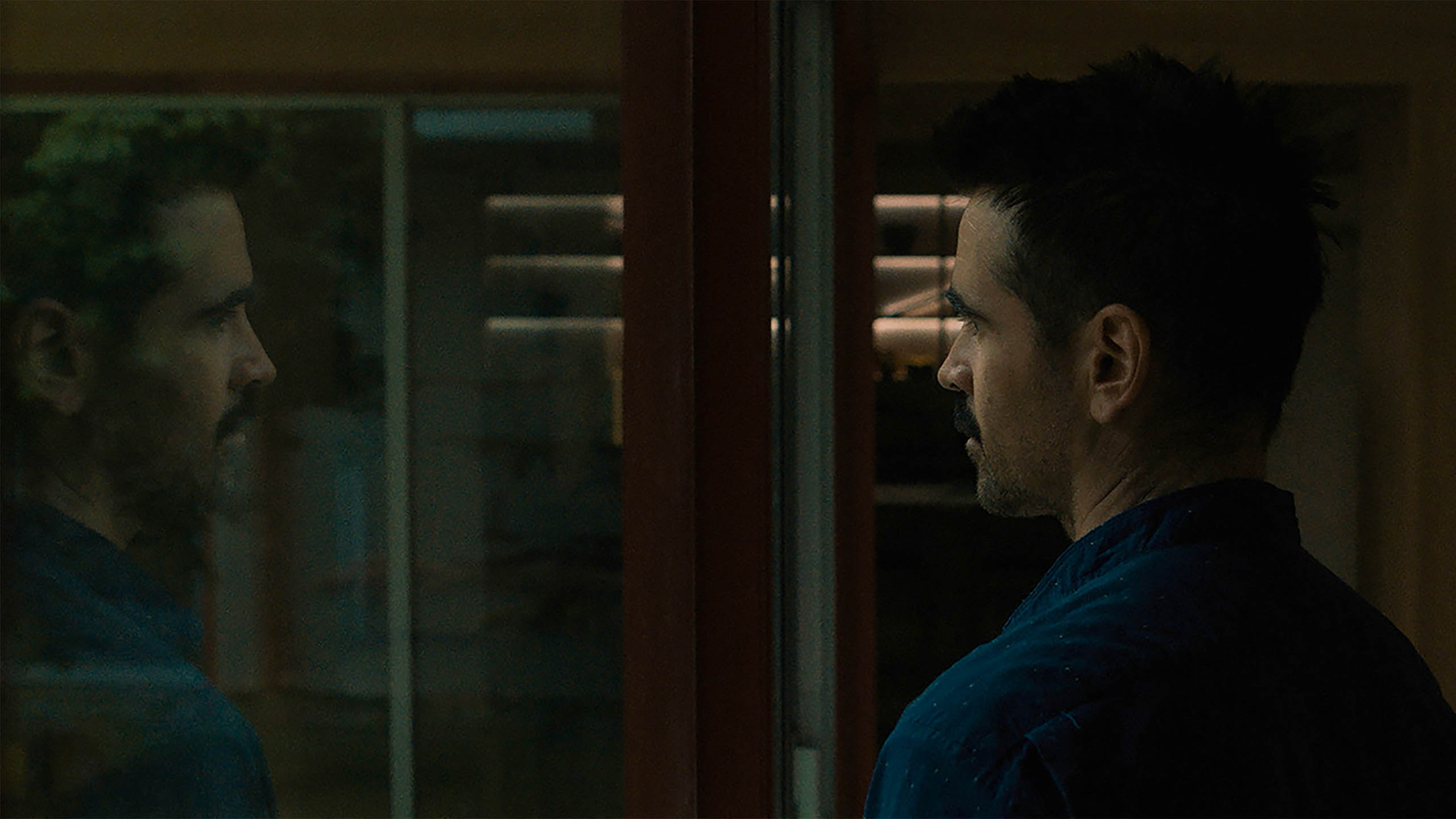
A wonderful video essayist whose short visual essays on world cinema masters got registered as short films in their own right, Kogonada established his lingering impact in his debut Columbus itself. The same serenity and gentleness find their way in his sophomore feature After Yang.
The film starts with an electrifying montage of a dance competition in which Jake, his family, and their robotic new family member Yang are participating. Soon, Jake’s life becomes an exhaustive working-class man’s attempt to revive their beloved family member for the little daughter Mika, who is too attached to this electronic sibling to let him go. And in the end, the film leaves the audience like a quiet, barren stretch of land. However, this mid-section between our prologue and epilogue is where the film’s wistful, wonderful power lies. After Yang, much like the surrealistic technology of AI, becomes whatever you want it to become. It’s a painful and piercing study of memory, almost an external detail that manages to get etched. Yet again, it shows the terrific results Kogonada’s commitment to architecture can yield. It’s also a magical, majestic and profound tale of dealing with loss in ways other than grief. Most of all, it’s a film that delicately and subtly studies Asian identity. Kogonada smartly compresses the politics of his race and what emerges instead is the humanity of it all.
The aesthetic texture of the film renders it not just with alchemic beauty but also some kind of empathy. As we, along with Jake, wear those glasses and dive into the memorabilia, it’s like we’re watching our own home videos getting uploaded somewhere in our minds. The minimalism of Colin Farrell’s performance, along with that delivered by Jodie Turner-Smith, the cute Malea Emma Tjandrawidjaja, and the rest of the cast is rightly understated for the rest of the film’s mastery to elevate. Set to AKSA’s layered, haunting music, the film’s aural experience lingers on. But what surprised me the most was how wonderfully Ozu-like the approach of Kogonada remains. A high priest far from the grips of superfluous exposition, his insertion of nuance is at once complex and comforting. Although Yang might just be a completely incidental name to the film’s titular character, it doesn’t feel completely so. Yang is a conveyor of the information who entertains and later on, heals. Much like world cinema’s best masters. Much like Edward Yang. And much like Kogonada.
892
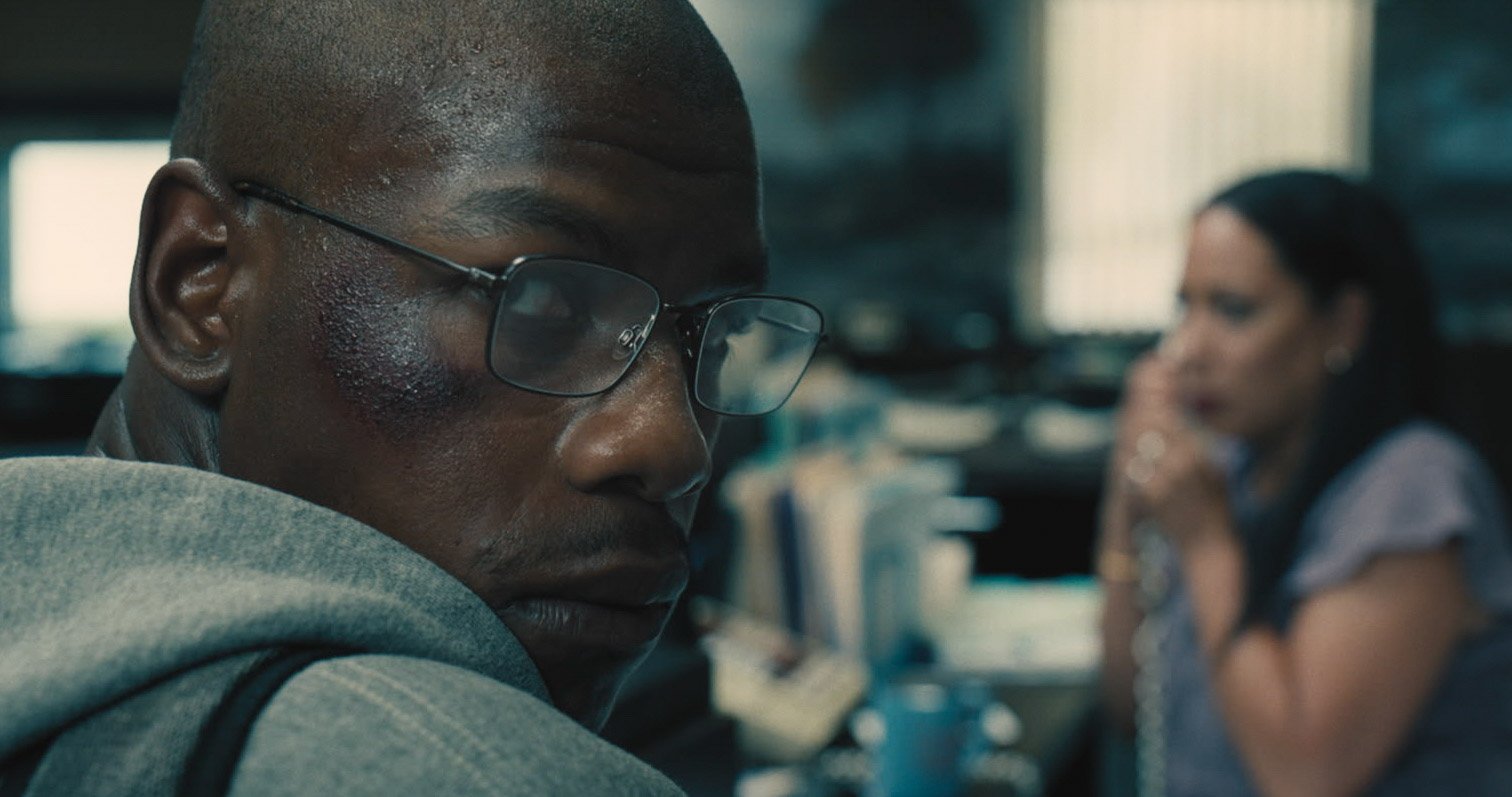
Directed by Abi Damaris Corbin, 892 (2022) is based on the true story of Brian Brown-Easley (John Boyega), a former U.S. Marine veteran who lived in Atlanta, separated from his wife Cassandra (Olivia Washington) and daughter Kiah (London Covington). He hardly managed to make ends meet. And when things got worse, he decided to rob the Wells Fargo bank and held hostages with a bomb. The police, SWAT, media, and everyone with access to Brian descended on the bank, causing things to go way out of control. But as time passed and Brian opened up to the negotiator Eli Bernard (Michael Kenneth Williams), it became clear that it wasn’t the money that mattered to him. He wanted his truth to get out into the world, even if it cost him his life.
You’ll notice that 892’s premise is quite familiar. One of the earliest examples of the hostage thriller sub-genre is Dog Day Afternoon (1975) and one of the most recent examples is Prime Time (2021). And that means two things. Firstly, the periodic recurrence of this plot, where we see the movie humanizing the person who wants the system that has taken so much from them to give something back, means it’s high time we rectify the system’s dehumanization tactics. Because someone shouldn’t have to go to such extreme measures, especially a war veteran like Brian here, to get what they’re due. Secondly, repetition of a plot doesn’t mean that it has nothing to say. Through Brian’s plight, Corbin and Kwame show how White people prepare to escalate the hostage situation into violence versus how the Black people involved in the whole ordeal try to help the hostages and Brian.
Yes, in the one hour that 892 takes to set up, you get to see how emotionally uninvested the 911 operator Julie (Shannon Walsh), Chief Jack Quail (Robb Derringer), Major Riddick (Jeffrey Donovan), and every single White character are, even though they can see that Brian isn’t a killer. If it isn’t evident off the bat, the tear-jerking scenes between Boyega’s Brian and Nicole Beharie’s Estel, Kenneth Williams’s Bernard, and Covington’s Kiah will certainly make it clear that identity and representation matter in every situation in the world. Especially in the ones between Boyega and Williams because those conversations effectively dissect the layers of nationalism, racism, classism, and just general systemic oppression that are closing in on Brian, thereby causing him to spiral out. But the real gut punch comes when it’s revealed how easily Brian’s situation could’ve been solved. And with the increasing disconnect between the system and the people who help run it in real life, that gut-punch comes with the realization that this can happen to any of us.
So, 892 comes highly recommended for its searingly important social commentary and the committed performances from the cast, with the highlight being John Boyega.
The Princess
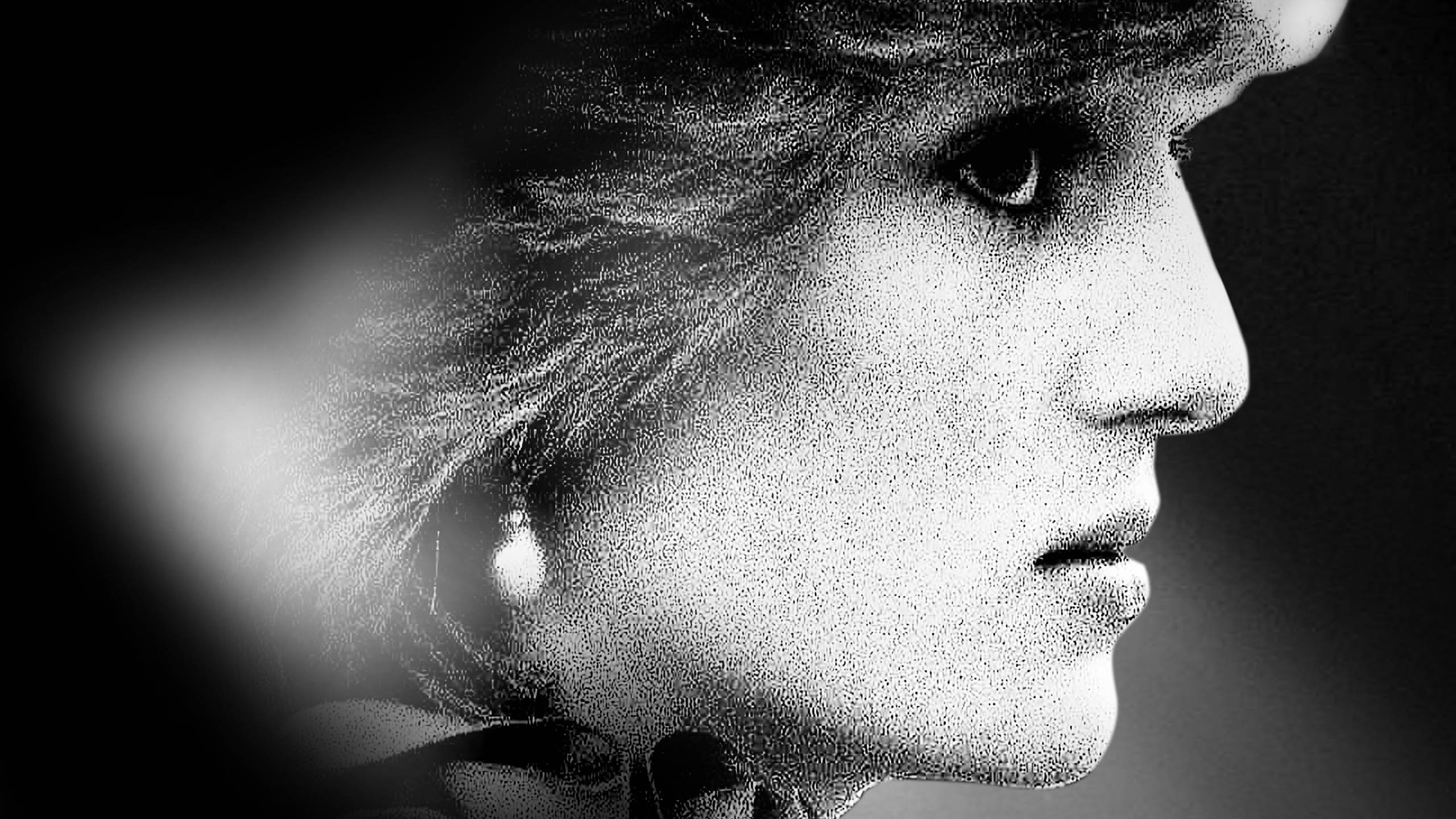
Apart from being one of the most beloved people in the world, Princess Diana of Wales has always been such a cinematic being. If only for mostly documentarians, Di has emerged as a flight of fancy and a light undeservingly extinguished on the face of repression that she resisted. Her story registered itself as a fantastic fantasy that was all too radical in the process. However, most of the material around her tends to grow manipulative, biased, and too full of reverence. And that takes out all the fun from her character study. However, a change seems to be setting in. Months after Pablo Larraín and his leading heroine Kristen Stewart mesmerized the world with his truthfully haunting and extraordinary character study of a parallel Diana in Spencer, comes this Ed Perkins documentary on The Princess. And it’s nothing like its ancestry of terribly dramatic accounts.
That’s not to say that it does focus on the smaller details of Diana’s life. This is obvious, because when it comes to the presiding British monarchy, the only thing in sight is the broader picture, and that’s the best a filmmaker can capture in their non-fiction medium. However, Perkins and his pursuit of the archive is rather smart. He humanistically brings together a holistic portrait of his beloved subject. Princess Diana’s public appeal is studied not through her pedestal but through the experiences of a random home in a random street. Apart from these nice touches, it is also an honest, blunt, and initially deceptive portrait of the scandalizing nature of media all over the world. At first, it seems like the film is biased towards the news editors and paparazzi, justifying their obsession with the fact that they’re just doing their jobs. However, it stabs our perception about itself by then going on to show how media might just be the reason for the cracks in a familial institution as important as this.
The Princess is a special archive. It glasses upon the outdated prints of the footage it uses to produce some great resources. Additionally, it never feels drab or unengaging like most archive content. This might partly be because of the lavish and sensational subjects of the documentary. However, it’s mostly because of the right selection of things to focus upon. It’s so observantly done that I was surprisingly affected by how piercing it all felt. In the end, I even sobbed.
THE FILMS SCREENED AT THE 2022 SUNDANCE FILM FESTIVAL



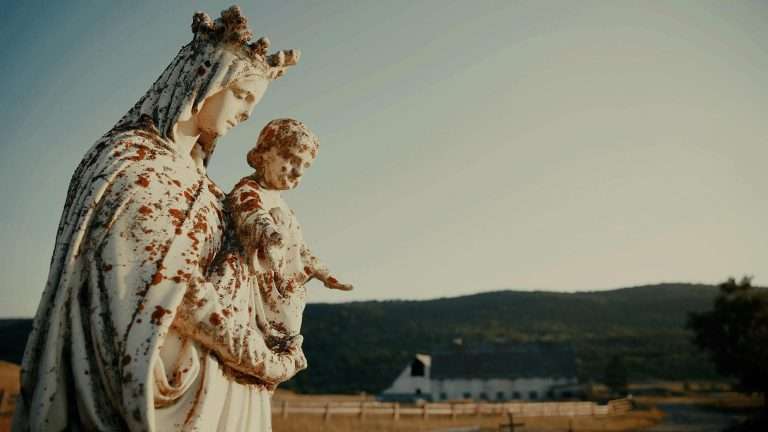
![Something in the Water: A Kinston Basketball Story [2020] Review – Glories of the past, present and future](https://79468c92.delivery.rocketcdn.me/wp-content/uploads/2021/01/Something-in-the-Water-2020-highonfilms-1-768x404.jpeg)
![Certain Women [2016] : JIO MAMI 18th Mumbai Film Festival with Star Review](https://79468c92.delivery.rocketcdn.me/wp-content/uploads/2016/10/certain-women-6-768x513.jpg)
![Fury [1936] Review – The Thundering American Debut of the Great German Film-Maker](https://79468c92.delivery.rocketcdn.me/wp-content/uploads/2021/06/Fury-1936-768x612.jpg)
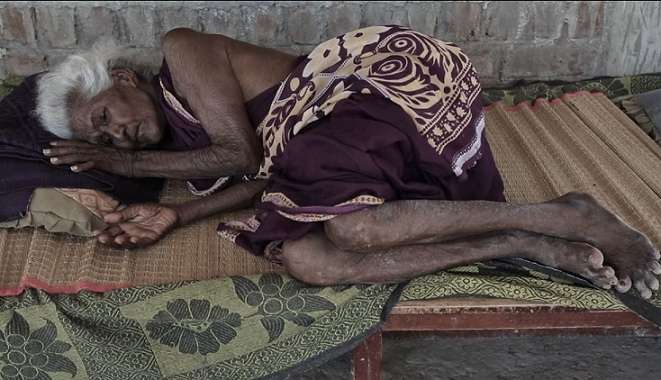
![The Odd-Job Men [2021]: ‘TIFF’ Review: A Mellow Dramedy Built into an Environment of Crisis](https://79468c92.delivery.rocketcdn.me/wp-content/uploads/2021/09/the-odd-job-men-768x528.jpg)